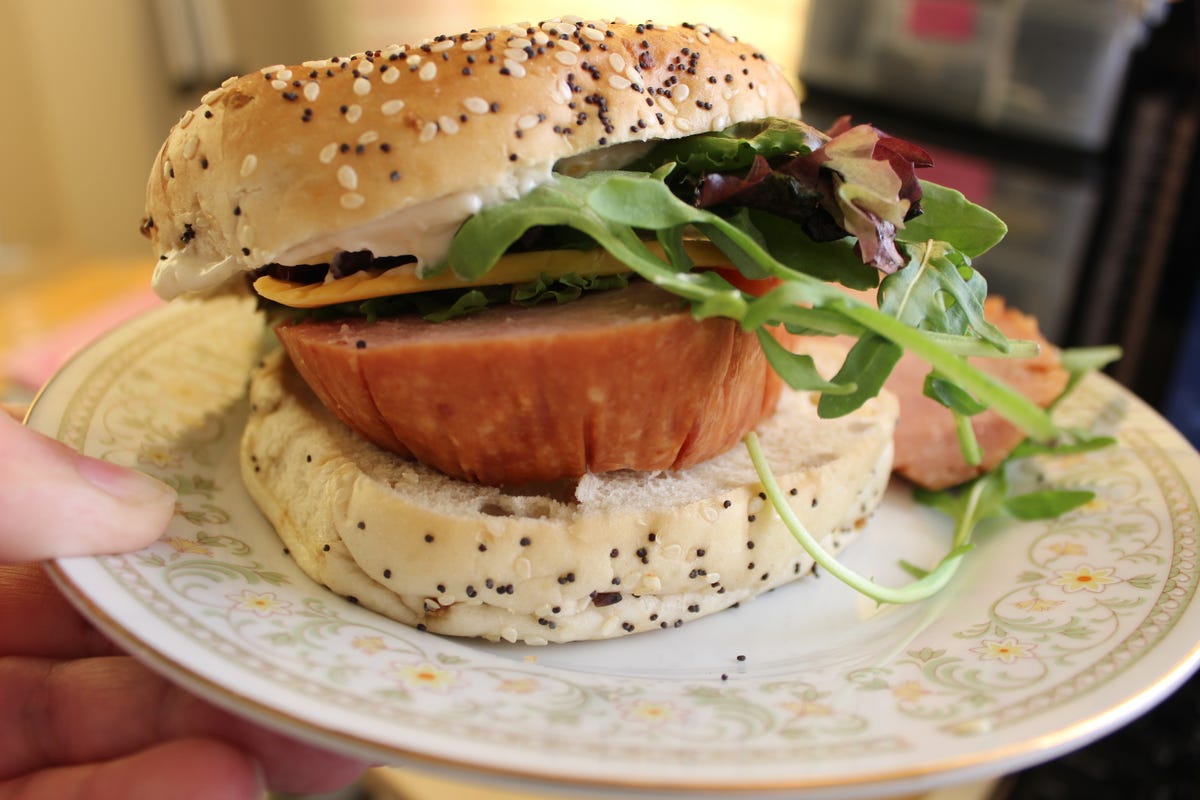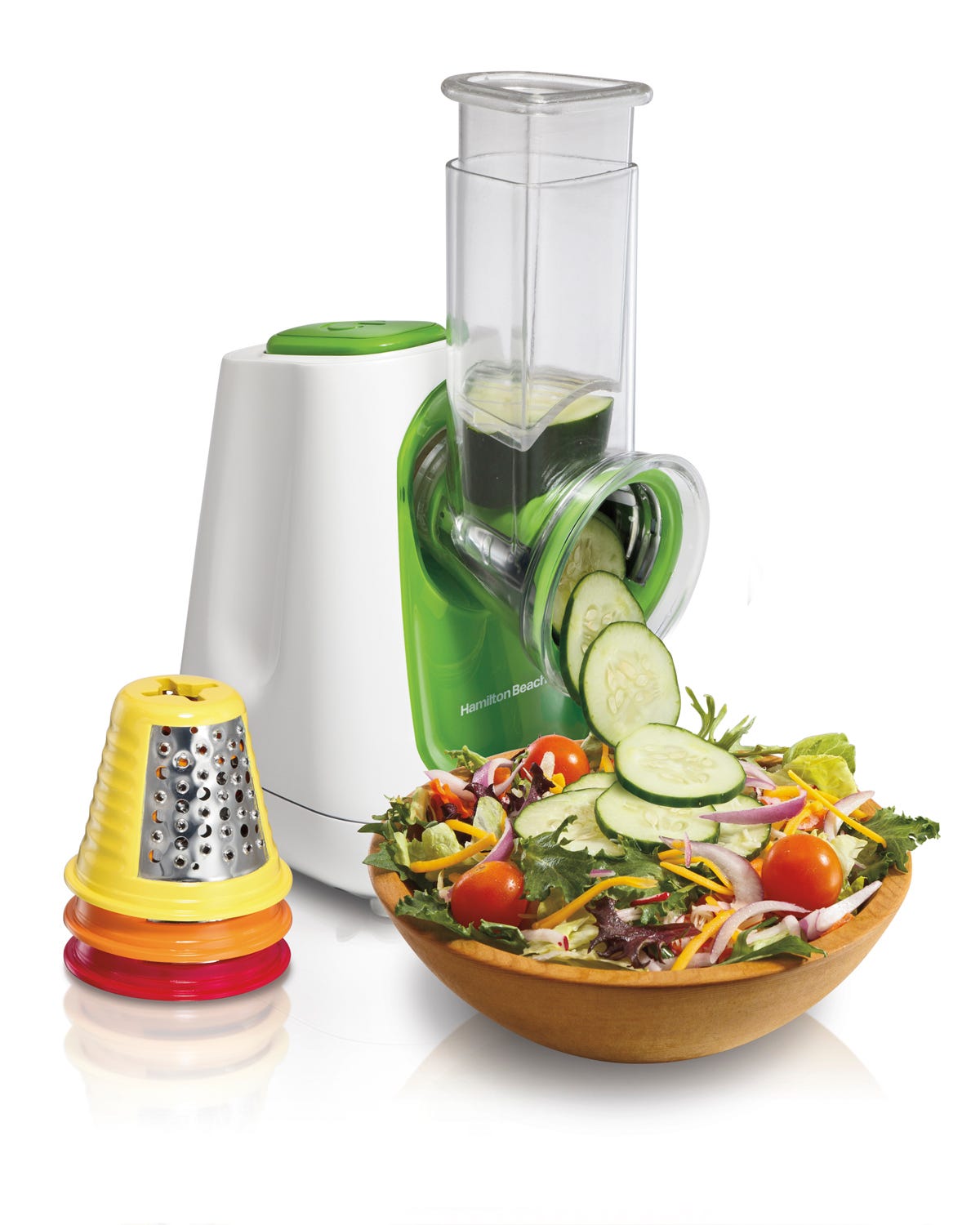15 foods you should never put in the freezer
Freezing food is a great way to preserve it and cut down on waste, but there are some foods that just should never be frozen. Freezing these foods doesn't save them, it turns them into garbage.

Mayonnaise
Freezing makes mayo go from creamy to clumpy. If you don't want a spread that has the texture of cottage cheese on your sandwich, opt out of putting your jar in the freezer.
Fresh tomatoes
Cooked tomatoes are usually fine to freeze, but avoid freezing fresh tomatoes. Once they're defrosted they are a slimy mess.
Whole eggs
Eggs expand when frozen, which can cause the shell to explode. If you want to freeze eggs, make sure to remove the shell and put the whites and yolks in a freezer storage bag.
Rice
Like pasta, freezing cooked rice is never a good idea. It becomes mushy and flavorless.
Fried foods
While many fried foods can be purchased in the freezer section of your grocery store and heat up nicely, don't attempt this at home. Typically, freezing fried foods will leave them soggy, even if you refry them. The oil also tends to seep throughout the item, changing the flavor of the food.
Pasta
So many sites promote making freezer dinners you can just reheat after a busy day. This is all well and good, but don't put pasta into your dinners. Freezing has a bad effect on pasta and turns it into a mealy, soggy lump.
Salad greens
This should be a no-brainer, but just in case, I'll add it to the list. Freezing greens like spinach, lettuce and micro greens makes them a soggy, gloppy mess.
Herbs
Herbs turn into brown, gooey sludge when frozen. If you want to preserve your herbs, tie them together and hang them upside down or throw them on a cookie sheet and put them in the oven on 200 for an hour or so to dry.
Some sauces
Gravy and other sauces thickened with flour or cornstarch as well as egg-based sauces aren't that that great after freezing. They tend to separate into a lumpy disarray.
Previously frozen meat
Thawing and refreezing food is a big no-no. The US Dept. of Agriculture states that refreezing meat is perfectly safe, but it can make the meat dry because it can lose water during defrosting.
Milk
If you find a great deal on milk, it may seem like a great idea to pop a few jugs in the freezer for later. This is only a good idea if you plan on using the milk for cooking. Trust me, you don't want to drink defrosted milk. It's clumpy and tastes funny.
Sour cream and yogurt
Like milk, freezing sour cream and yogurt can cause them to get lumpy and gross.
Cheese
Freezing cheese changes its texture. Some cheeses become mealy while others turn heavy and dense. For the most part, cheeses last for months when properly stored, so you needn't worry about freezing them.

Cucumbers
While some vegetables taste great after being frozen, cucumbers just aren't one of them. The rule of thumb with vegetables is if you're OK with them being on the softer side, it's all right to freeze them. Cucumbers are adored for their crunchiness. That crunchiness just doesn't hold up after freezing.
Potatoes
Raw potatoes can turn grainy when frozen. If you really want to freeze them, cook them first and store them in containers meant for freezer storage.

